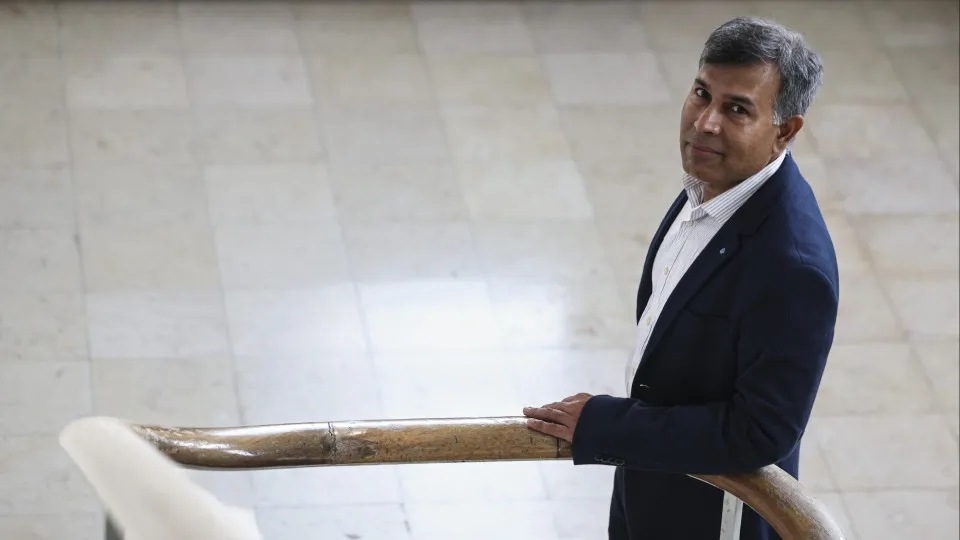
Established in Lisbon since 2010 and a professor at Instituto Superior Técnico (IST), Sohel Murshed expresses concern over the growing anti-immigrant sentiment, which he believes remains a minority view in Portugal.
“I do not recognize in that poster the Portugal I know,” stated the academic, referring to a Chega party billboard reading “this is not Bangladesh.”
“I’m not a fan of politicians. They have their jobs, and I have mine, but now it seems that there is a political party aimed at attacking all immigrants,” said the aerospace engineering expert. His course at IST has the highest entry grades in Portugal.
Holding a Ph.D. from Singapore and educated in the USA, Sohel Murshed acknowledges that “each party has its policies, but (all) must be responsible.”
“If this party wants to govern, it must understand the consequences of its actions. When they post a billboard against another country, it is politically irresponsible and puts a vulnerable community at risk,” making it an “easy target” for violence or discrimination by national citizens.
“For me personally, the billboard is not alarming. I am a professor at a prestigious university, with a career, and I was invited to apply for a position here. But this discourse is dangerous because it attacks an entire community,” Sohel Murshed argued.
The billboard “is even more dangerous because it represents a political party’s stance,” jeopardizing Portugal’s own image abroad.
“Bangladesh has 180 million people, with more Cristiano Ronaldo fans there than all the Portuguese combined, and this billboard made news there. People wondered how such a good country would allow such a billboard,” he noted.
Thus, Sohel Murshed argues that Portuguese authorities must take action because “doing nothing is being complicit in this discourse against an entire country.”
Upon arriving from Orlando, United States, Sohel Murshed experienced no issues: “We were few, and the policy was more liberal,” but “over time, the discourse changed.”
Sohel Murshed recalls that the arrival of many compatriots, along with other immigrants from the Indian subcontinent, was facilitated by more open rules. “It was easier, and many people came in, but through the authorized channels at the time,” the researcher recounted.
“It’s up to the government to enforce the law, and I don’t agree with illegal immigrants, but it is not acceptable to attack and blame those who came through the authorized channels,” he stated.
Sohel Murshed has two children, aged nine and two, born in Portugal, “are Portuguese and don’t want to even hear about going to another country.”
His dream is to have a house in the Algarve, to “enjoy the good weather and old age,” making a return to Bangladesh foreseeable “only for holidays and being with family.”




